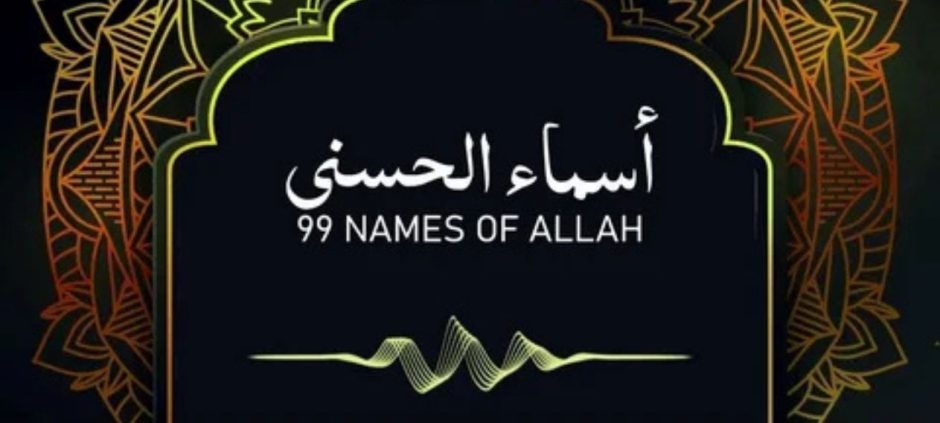Remember cozy evenings watching the Asma ul Husna segment on PTV with your family? That gentle rhythm, the soft glow of the TV, and those 99 beautiful names of Allah weren’t just calming, they were magical. Even today, people in Pakistan and overseas tune into YouTube for the same nostalgic experience. But did you know that reciting Asma ul Husna can actually help reduce stress and anxiety in your daily life? Let’s explore how.
The Secret Power of Asma ul Husna
Stress hits all of us: work deadlines, traffic jams, endless WhatsApp groups. But here’s the thing: quietly repeating names like Ar-Rahman (The Most Merciful) or Al-Latif (The Subtle One) can shift your mind from tension to peace.
It’s not just spiritual; science backs it up, too. Repeating meaningful phrases activates the body’s relaxation response, slows your heart rate, and calms your thoughts. So next time anxiety knocks, whisper a few names. Your mind might just sigh in relief.
Teaching Kids Asma ul Husna: Make It Fun!
Parents, this one’s for you. Forget boring flashcards. Let’s turn Asma ul Husna into a playful, musical, and memorable experience:
- Recite it Together: Remember the TV segment’s rhythm? Recreate it at home. Kids love playing along.
- Craft the Names: Colorful charts, sticky notes, or little wall posters make learning visual and fun.
- Name of the Day Game: Pick one name, explain it with a short story, and challenge your kids to use it creatively during the day.
- Storytime with Rhythm: Turn each name into a mini story or chant. Your children will remember and repeat without even trying.
It’s playful, it’s interactive, and it brings the family together, all while teaching kids inner calm.
Daily Habits to Build a Positive Mindset
What if we told you that a few minutes a day with Asma ul Husna could change your whole vibe? Try these simple habits:
Morning Mood Reset
Start with 3–5 names like Al-Saboor (The Patient) or Al-Basir (The All-Seeing). It’s a gentle way to face the day.
Mid-Day Calm
Feeling the pressure at work or home? Close your eyes, hum a few names like Al-Mu’min (The Protector) or Al-Wakil (The Trustee), and just breathe.
Evening Reflection
Before bed, repeat names like Al-Shakur (The Appreciative) or Ar-Rahim (The Merciful). Reflecting on small wins melts stress away.
Use Names as Affirmations
“With Al-Qawiyy (The Strong), I can tackle today.” It’s like having a personal pep talk from Allah Himself.
Nostalgic Connection
Turn on a YouTube clip of the classic PTV segment. The melody, the rhythm, the nostalgia, instant comfort for the heart.
Small steps, big impact. Just a few minutes of recitation can shift your entire mindset.
Rhythm, Nostalgia, and Real-Life Calm
Think of it like this: just like Indian singer Hans Raj Hans mesmerizes listeners with his naat recitations, Asma ul Husna carries a magical rhythm that resonates in the heart.
For many Pakistanis, it’s not just a spiritual tool, it’s a nostalgic hug from the past, a shared family moment, and a secret trick to handle daily stress. Overseas Pakistanis tune in to relive it, proving that peace and nostalgia travel far and wide.
Bring the Magic Home
Here’s your action plan:
- Pick 3–5 names of Asma ul Husna and learn their meanings.
- Recite them in the morning, during a break, or before bed.
- Teach kids through songs, crafts, or mini-games.
- Relive those PTV melodies on YouTube for an extra dose of calm.
Just a few minutes a day can bring rhythm, calm, and positivity to your life. Start today, your mind, heart, and family will thank you!











